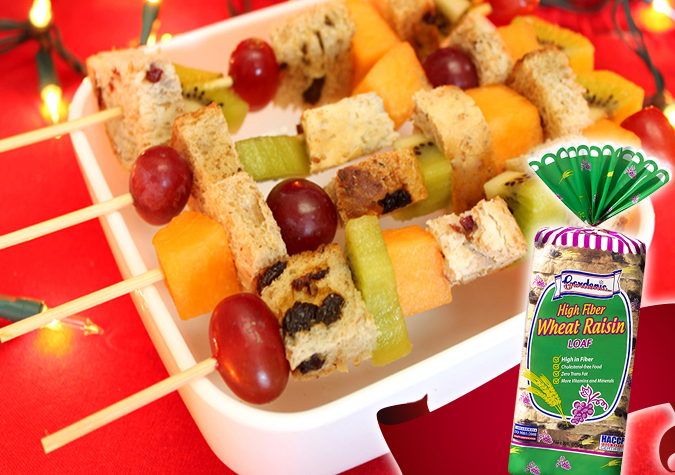PRE-BIOTICS: What Does Your Gut Tell You?
Have you ever wondered how our tummy manages to function well despite our irregular eating patterns? Did you know that your gut health is directly related to how strong your immune system is? Have you heard about probiotics and prebiotics?
Probiotics and Prebiotics
Many of us are confused between probiotics and prebiotics. Though they sound similar, each has its own role. Probiotics are the good bacteria living in our gut, while prebiotics are food for these bacteria. Both are important to our health.
Health Benefits
Eating balanced amounts of probiotics and prebiotics can provide us with many health benefits such as improved gut health, stronger immune system, enhanced glucose and dietary fat digestion and absoprtion, and appetite control.
Sources of Prebiotics
Prebiotics are found in foods that are high in fiber such as root vegetables (e.g onion, garlic, artichokes), fruits, spring vegetables (e.g peas, corn, leeks, and asparagus), cocoa (should be dark chocolate with few additives), lentils and legumes, nuts, and whole grains. Wheat is the most abundant source of prebiotics in the diet among Americans and Europeans.
You have been eating prebiotics, but may not know it. Now that you do, it is best to increase your intake of these foods that are high source of fiber. They are readily available in the market and therefore easy to access. Why not try our whole wheat bread with raisins? Gardenia High Fiber Whole Wheat Raisin Loaf can provide you with a whole lot of fiber experience!
To enjoy more, you can turn it into a “bread and fruit kebab” for a much healthier and refreshing taste! This recipe is so easy and perfect for your summer outing. Check out the recipe below:
Gardenia Bread and Fruit Kebab
(Carbohydrates: 15g; Protein: 2g; Fat: trace; Fiber: 4g; Calories: 69kcal) – per stick

Serves five sticks
Ingredients:
2 slices Gardenia High Fiber Wheat Raisin Loaf, cubed
1 slice melon, cubed
1 piece kiwi, sliced
10 pieces grapes
Procedure:
- Thread bread and fruits onto skewers.
- Serve.
CAUTION: Prebiotics are generally safe for most people. However, those who are diagnosed with irritable bowel syndrome (IBS) or other digestive issues are intolerant to some prebiotics that contain fermentable oligosaccharides, disaccharides, monosaccharides, and polyols. Consult your dietitian for proper diet.
Reference: